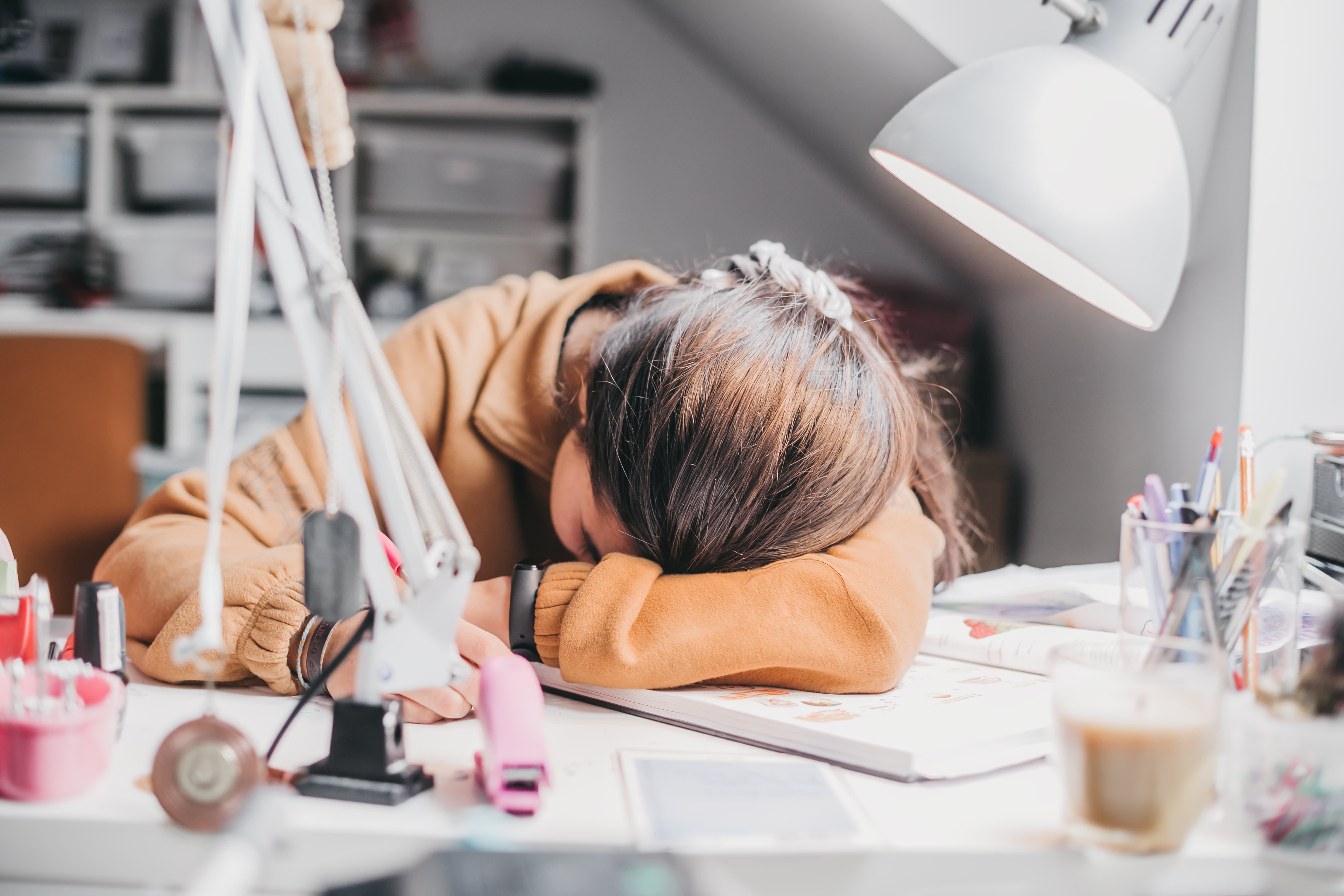With depression and anxiety on the rise after the pandemic, a United States task force is now recommending most adults get screened to check for mental health problems.
This is aimed at adults under 65 years old and likely, the screenings would take place when people visit their primary care doctor.
All this comes after some eyebrow-raising results of a new survey of households in America that showed nearly one out of every three adults reported having symptoms of anxiety or depression this summer.
Now, efforts are underway to make sure people get the help they need.
Get a weekly recap of the latest San Francisco Bay Area housing news. Sign up for NBC Bay Area’s Housing Deconstructed newsletter.
For the first time ever, the so-called U.S. Preventive Services Task Force is recommending screening for adults with the ide to check for signs of anxiety disorders.
The chief director of Mental Health and Addiction Services at El Camino Health in Mountain View supports the move.
“Increasing screening efforts in the U.S., I think is a good thing,” said Dr. Kalpana Nathan. “There are lots of people that may not even recognize that that's what they are suffering from and asking questions about it will bring that to light.”
She said that in the Bay Area, the streets of COVID, feelings of isolation from working from home, and a sense of uncertainty have prompted more people to report mental health issues -- a trend seen nationwide.
“We have seen increased reports of distress, increased reports of stress, increased reports of individuals feeling overwhelmed,” said Dr. Lynn Bufka of the American Psychological Association. “The challenge is what do we do about that? By screening, it increases the possibility that individuals will get referred to appropriate resources."
The screenings, she said, may include asking people to answer a handful of questions, including how often people feel nervous or on edge.
The screening is not a diagnosis, but Dr. Bufka said it may go a long way toward spotting at-risk patients so they can get the help they need.
Right now these are draft recommendations open to public comment until Oct. 17. Then the task force will issue its final guidance.



